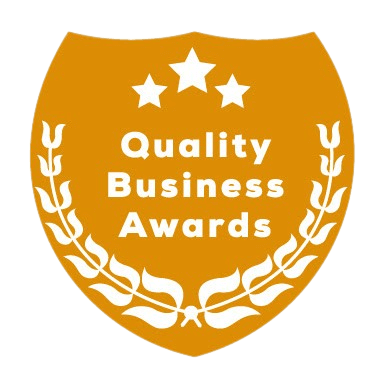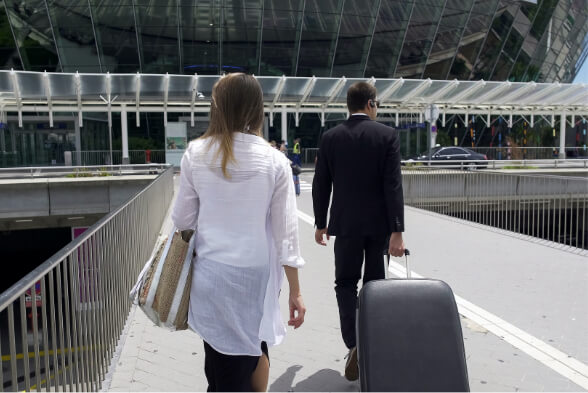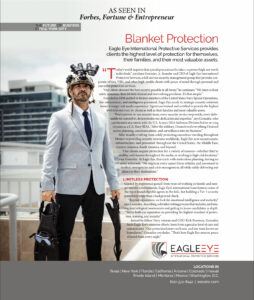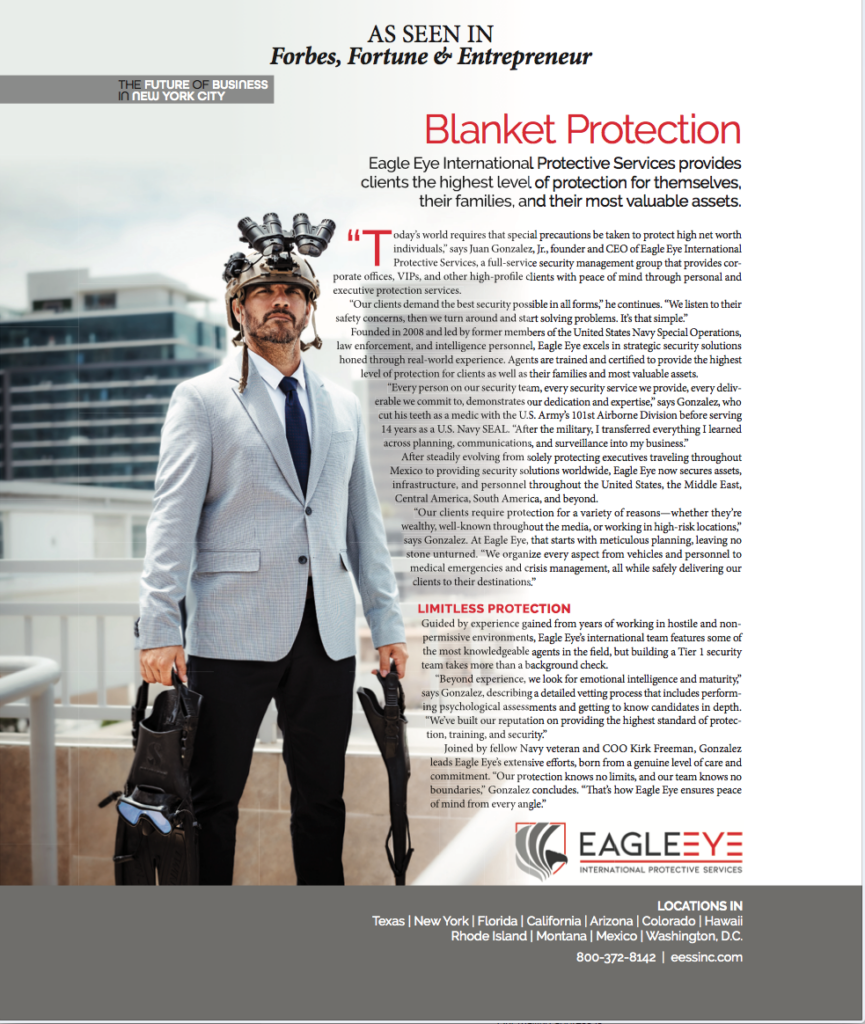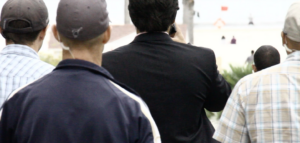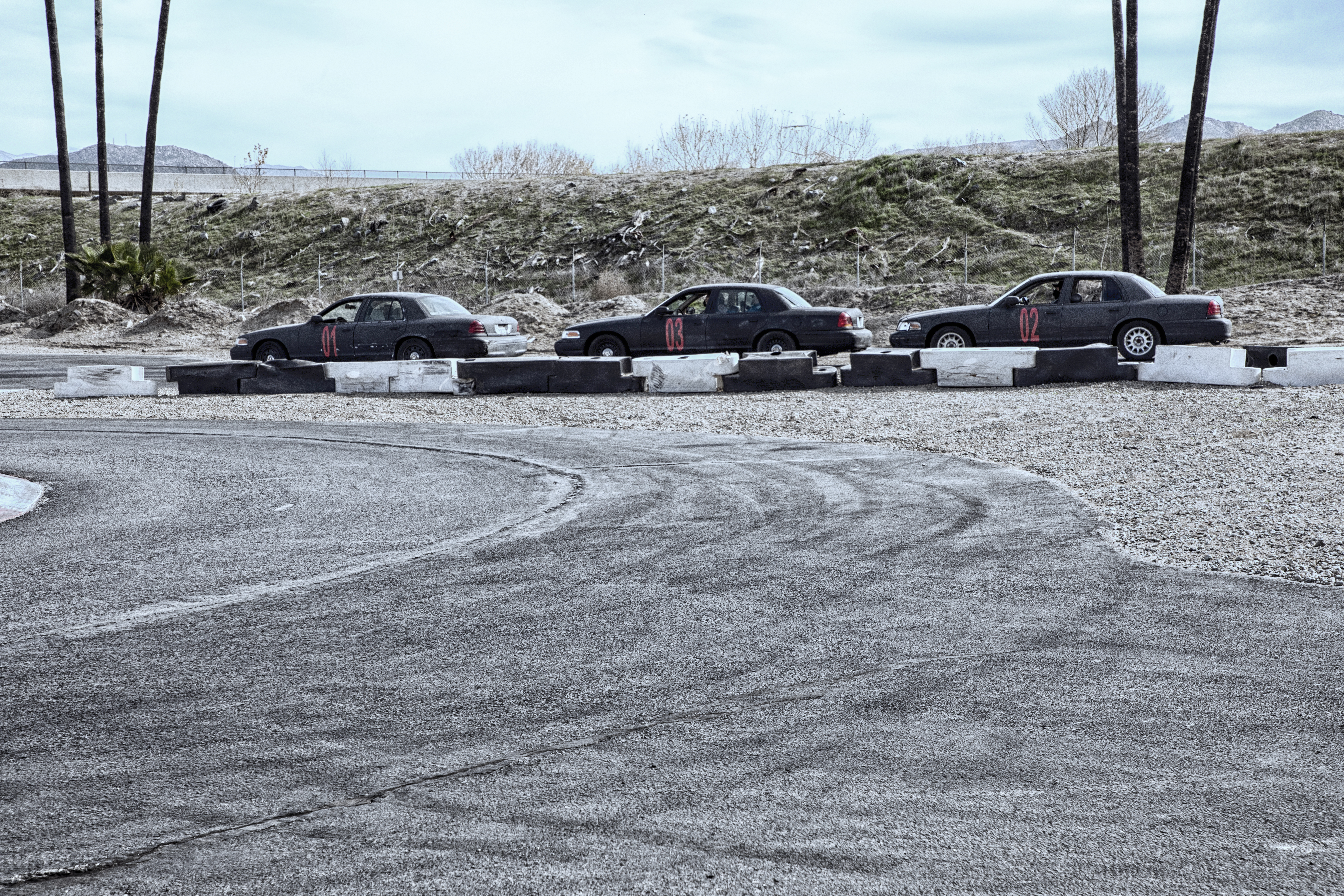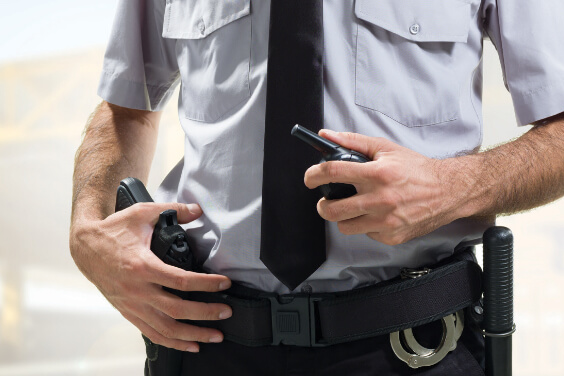Upcoming Events
Knowing the Signs of Concealed Weapons
- Observation– The first step in detecting whether someone has a weapon hidden in their hand is to be able to identify the signs that they’re carrying one. It could be something as simple as a bulge or an outline in their clothing, or a change in behavior that suggests they’re holding something in their hand. For example, if someone is intentionally trying to avoid contact with others or is keeping their hands in their pockets, there’s a possibility that they might be concealing something dangerous.
- Different Types of Weapons– It’s important to keep in mind that weapons come in different shapes and sizes, and they can vary from a basic knife to more sophisticated weapons like guns. Checking for these weapons in the hands of others can help you to identify the level of danger that you’re potentially facing, and it can help you take the necessary precautions to protect yourself. In some cases, concealed weapons could be more dangerous than visible ones because the person carrying them could be more unpredictable.
- The Importance of Situational Awareness– A critical element of staying safe is practicing situational awareness, which means being aware of your surroundings and any potential threats. This skill can be especially useful in identifying when someone is carrying a weapon in their hands. By being alert and paying close attention to your environment, you’re better equipped to detect any suspicious activity that could indicate a possible threat.
- Self Defense– Knowing how to defend oneself is one of the best ways to stay safe in a threatening situation. However, it’s essential to keep in mind that if someone is holding a weapon, the best course of action might be to leave the area or call for help. It’s always better to be safe than sorry, and taking precautions is critical to avoid any dangerous situations.
- Developing a Plan– Having a safety plan is crucial in protecting yourself and being prepared in case of an emergency. Part of that plan might include knowing what to do if you encounter someone with a weapon in their hand. This might involve memorizing the location of nearby exits, having a set response plan, and staying alert and aware of potential threats.
In conclusion, staying safe should always be our top priority, and one of the best ways to do that is to be able to identify potential threats, including concealed weapons. Recognizing the signs of a weapon in someone’s hand, being familiar with different types of weapons, practicing situational awareness, and having a safety plan in place are all critical components to staying safe. Being aware of our surroundings is essential, and it could mean the difference between life and death in a threatening situation.
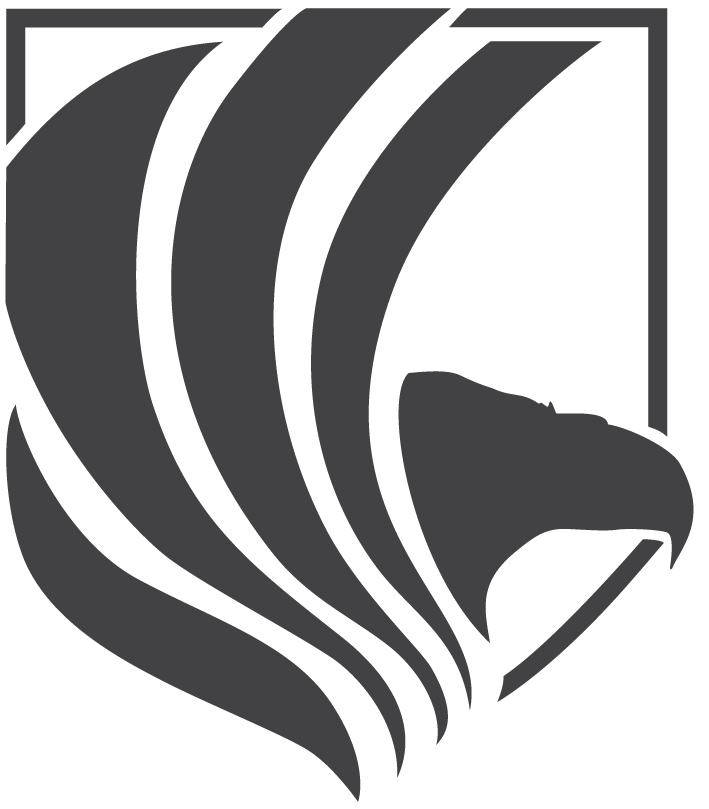
And what to look for!
Do you hire your security services based on the verbiage on their website? Think twice about that.
When Eagle Eye started, we were forced by our customers to have infrastructure, and by that I mean our clients wanted to see that we were established….offices, employees, assets, past performance, skin the game (Time in Grade). This was a rude awakening into the business world and it’s unwritten rules. Slowly as we gained confidence and favor in the industry these caveats became normalcy, soon we willingly offered this information and never had to wait to be asked.
Once we got the physical stuff out of the way, we began to look inward, this was the hard part, clients weren’t asking us about our manpower, I guess they assumed that our employees were as top notch as everything else they had seen. We needed standards, protocols, metrics, diversity…these are just a few of the items we had to put in place in order to be the Elite of the Elite, best of the best, running parallel to bending over background to meet our clients needs and outperform our competition.
Over time we have added systems to make sure that every single man we put in the field is vetted, trained and properly aligned with the client and their requests. Our agents come from different races, colors and creeds; the only common denominator is their training/certs and the work we put into them in order to make sure they’re qualified and ready to serve our clients with the utmost professionalism and capability. Ask the right questions.
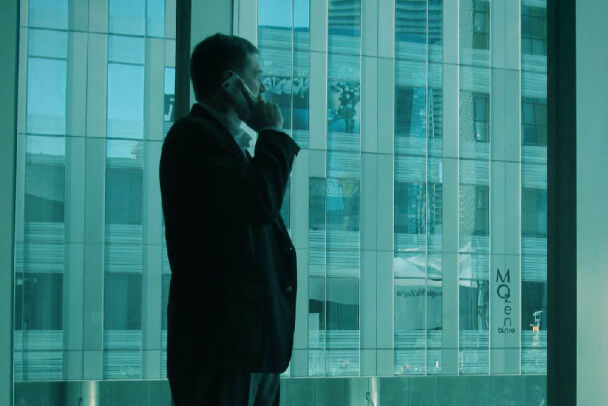
Situational awareness should be applied as often as possible any time you’re traveling and even at home. Noticing the little things in our daily routine can make the difference between life and death. An individual that can identify threats in time and know how to react before the bad guys has gained the upper hand and increase his chance of survival in any scenario that is about to unfold.The element of surprise is the one thing that the enemy has over any unsuspecting victim. We can help mitigate risk by following a couple of proven techniques.
Contact us for your training curriculum : operations@eessinc.com
| The CYBER side. |
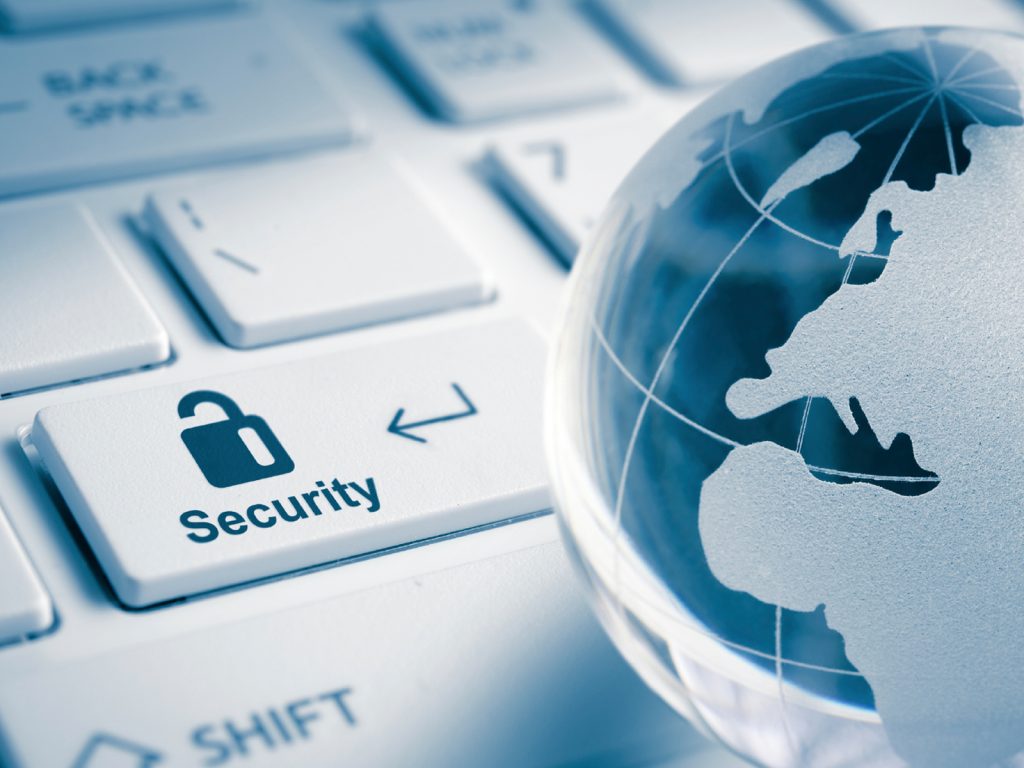
MSS entails the assessment, strengthening and then the continuous monitoring of your IT systems. In this digital age of mass data transmissions and storage one can never be too careful, bad actors no longer have to be in your face…they can be thousands of miles away under the guise and protection of any alias or any foreign government. Some of the key items you should be looking at when engaged in an audit or SOW are:
Cybersecurity Assessment
This will identify gaps in corporate and employee’s cybersecurity posture and provide remediation steps.
Lock down your login
Own your online presence
Clean machine training
Advanced topics such as secure communications over mobile and web channels
Threat
-The service / safeguard would audit the cybersecurity posture of your company and its employees (including standard operating procedure, social media accounts, and secure communications). It will also provide training on best practices when it comes to dealing with state-sponsored cyber actors. This is considered a “basic/entry level” safeguard.
Next-Gen Antivirus
This will protect against host-exploits and provide real-time and weekly scans
Supported by global threat intelligence feeds
Updates in the background
Lightweight agent
Lightning fast scans
Protect from infection not protection through detection
Protect against malicious files that can be downloaded from phishing emails using malware protection and website reputation analytics
-We recommend a next-generation antivirus product that is based on real-time threat intelligence, has a light footprint, and fast scan times.
Mobile Device Management (MDM)
EESS will manage mobile devices and ensure protection of data if the device is lost or stolen
Asset monitoring and location tracking
Software and application management
Content management
Device usage restrictions
Network configuration settings
Erase or selective wipe
Enterprise wipe & profile removal
Geofencing
Threat
Protects against malicious apps and data leakage due to lost or stolen mobile devices
Telework Gateways, Patch Management and More…
please contact operations@eessinc.com for your no cost assessment. Learn more about our Cyber security services.
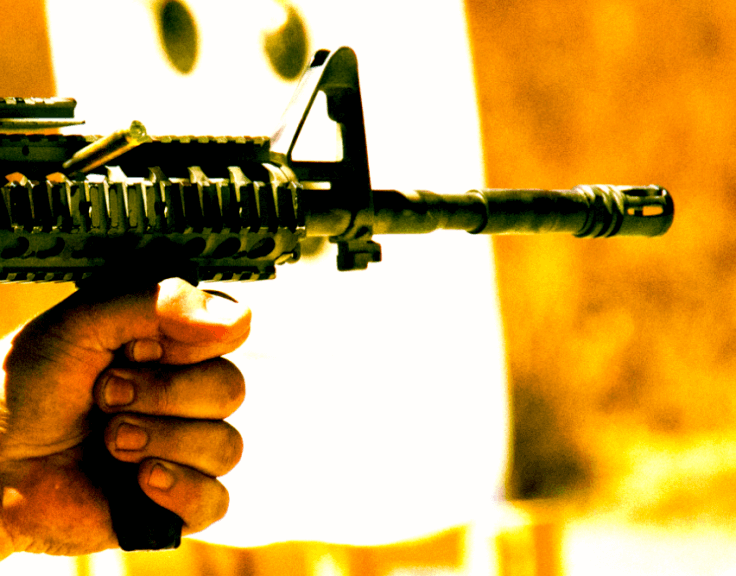
I am a gun guy, not a “Gun Nut,” but a gun guy. I have been around weapons my whole adult life and am very capable and safety conscious. I train regularly and take care of my guns.
In some areas there is no question about having an armed agent around your principle. Those areas are locations where historically carjacking at gunpoint and kidnappings for ransom are high. Unfortunately, in most of these locations, if your principle is abducted, there is a good chance they’ll get killed anyway so be prepared. If this is the case you need to be aware of these requirements:
- Is my agent proficient with his weapon?
- Can we (US) carry in this location?
- Which local nationals can carry in this location?
- Have I seen his credentials?
- What experience does my LN have in doing EP work?
Let’s not just get an armed guy and assume he’ll be able to get your Principle to safety or keep him safe. Although there are many great LNs. out there, unfortunately some are not trained as well and as much on weapons manipulation and safety. Bullets, range time, licensing, and weapons cost more in these areas and are hard to come by.
Ultra high net worth individuals and key persons in Corporate always warrant armed security. Even though good opsec may be in place you can have wrong place at the right time to be a factor.
In some areas on the border that are highly trafficked by US personnel, low incidence areas, daytime travellers, I would go without an armed agent, low profile vehicle in and out. No night time outings, staying in known areas etc…
Some Corporations absolutely demand it. Some do not and always want to go with the minimum. It is our job as a safety provider to educate them and make them aware of all pros and cons. Don’t take a job if you believe the client is trying to steer you a certain way. Give them the facts and the reasons and they will most likely understand your point. Also don’t put your own team at risk just to get the work. Saludos and be safe out there.

Most of the times we spend our days in the background: they go to meetings and we wait outside, or downstairs, or wherever. But in that small window that we have to impress our client and show them that we are worthy of their business and that the costs are justified many agents fail. Here’s why:
- Getting sucked in- Speak only when spoken to. When you do speak, be respectful and brief, remember you have a job. The client is not your friend. They will try to pull you in…most clients are great people, they are wealthy, and kind, it will be hard for you to stay quiet, but keep your distance. It’s not your world. You have a world and it revolves around providing top-notch security.
- Poor training or lack thereof- No eating in motorcade cars ever…ever…., no smoking, dipping, no gatorade bottles in cars ( you know what I’m talking about), don’t answer your phone or have one in your hand around clients unless you’re off your corner and passing comms. Never on watch. Heads up.
- No aftershave, cologne, sprays, etc… smell like nothing, if you have bad BO or some sort of chronic disease, seek a specialist and good luck.
- No radio(tunes) unless client asks for it, even then keep low, if the client insists on blasting the volume. use high noise earplugs. They work! and explain to them why it’s not good to do that.
- Be dressed to impress but stay comfortable and agile. Make sure your suits fit. Weights fluctuate!!!
- If you have a steady client try to get a uniform going that affords you max comfort and mobility.
- Sunglasses are for the sun, and to hide your true optic target. Use them when the sun is a factor, when it gets dark depending on the tint, you may have to remove them. Go with a subtle pair, this is not the time for your gucci wrap arounds.
- Stay flexible and take care of the client, you may end up doing something not in your scope and not security related, as long as it doesn’t interfere with your security duties, do it. It may reap huge dividends and may be something simple. If your client takes advantage of your multifaceted skill sets then propose an assistant or hire on another agent to take the load off. If your client really needs it they won’t be discouraged. Educate your client respectfully and don’t be afraid to write up a debrief after every major movement. They will appreciate it in the end.
The Team at Eagle Eye Intl.
Corporate Security is all of the measures that are needed in order to maintain good order and discipline around the Corporate structure. This could be something as simple as installing cameras to your facility or as painful as ensuring the firewalls and cyber defenses of 5000 laptops spread throughout your organization are good to go. Depending on how big your organization may be you may have multiple managers on the ground supervising and ensuring secure continuity through the globe. Most companies break these managers down by regions…LATAM, North A, Asia. Managers are then broken down into responsibilities..regional, site, directors, etc…If your organization is small, under 500 employees and all under one roof then it can be quite streamline.
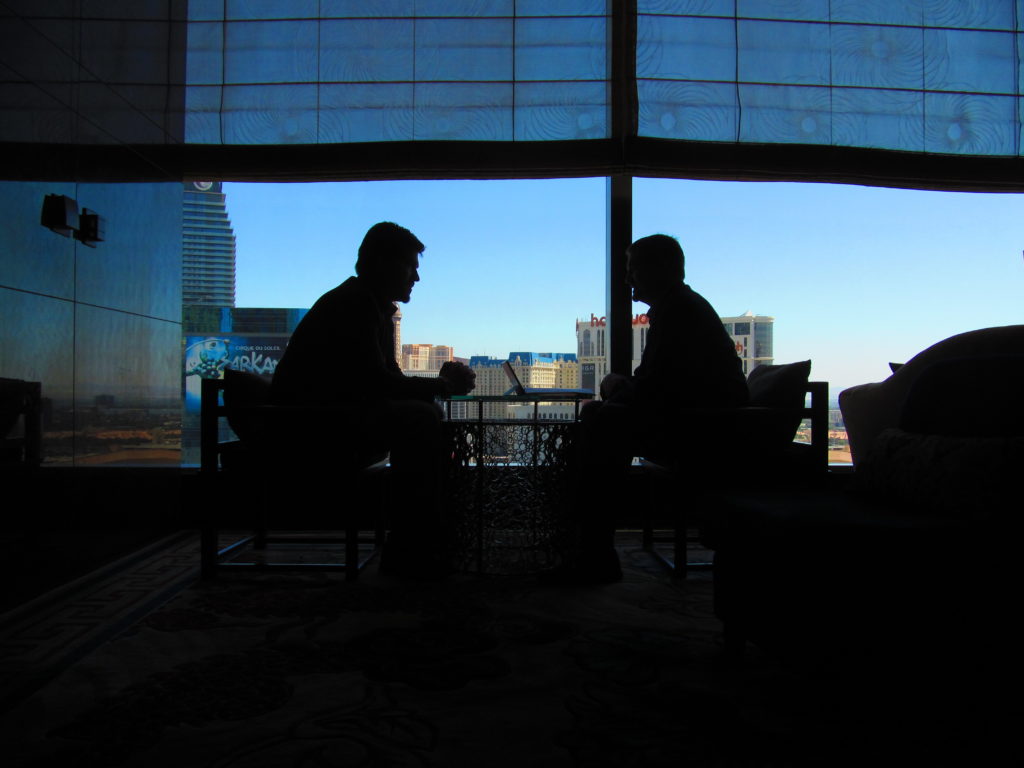
A small organization that’s in one place can have one main CSO-Corporate Security Officer that can set policy and systems and then delegate to managers that they be put in place and executed. This one is easier because it’s all under one roof. As the organization is spread out and more structures are in place then he should identify an area manager to manage that site and execute the company’s policies.
If your organization is fractured and you have many areas in play, if the budget permits you should have one dedicated person to the security apparatus that runs that site. All of this depends of course on assets in place, area, personnel count and other factors that drive the amount of security effort that that site requires. Employees need systematic and consistent procedures in place in order to be the most aware and security minded. Enclosed is a brief outline that I use when talking to clients about their programs, it is the minimum of what one should be thinking about within their organization.
Managing the remote worker and their cyber faults is becoming the new headache. Having systems and procedures in place for managing PII – Personal Identifiable Information and just all around cyber slopinnes is going to be key in a post pandemic workplace, some workers will come back to the office but many are going to stay home. What measures can be put in place in order to achieve maximum cyber security for the organization? Here are some clear clear metrics you can track and present to your stakeholders:
- Level of preparedness: How many devices on your network are fully patched and up to date?
- Unidentified devices on internal networks
- Intrusion attempts: How many times have bad actors attempted to gain unauthorized access?
- Security incidents: How many times has an attacker breached your information assets or networks?
- Mean Time to Detect (MTTD): How long do security threats go unnoticed?
- Mean Time to Resolve (MTTR): What is the mean response time for your team to respond to a cyber attack once they are aware of it?
- to see some more metrics go here: https://www.upguard.com/blog/cybersecurity-metrics
Find out more about our corporate security services, and good luck!!

